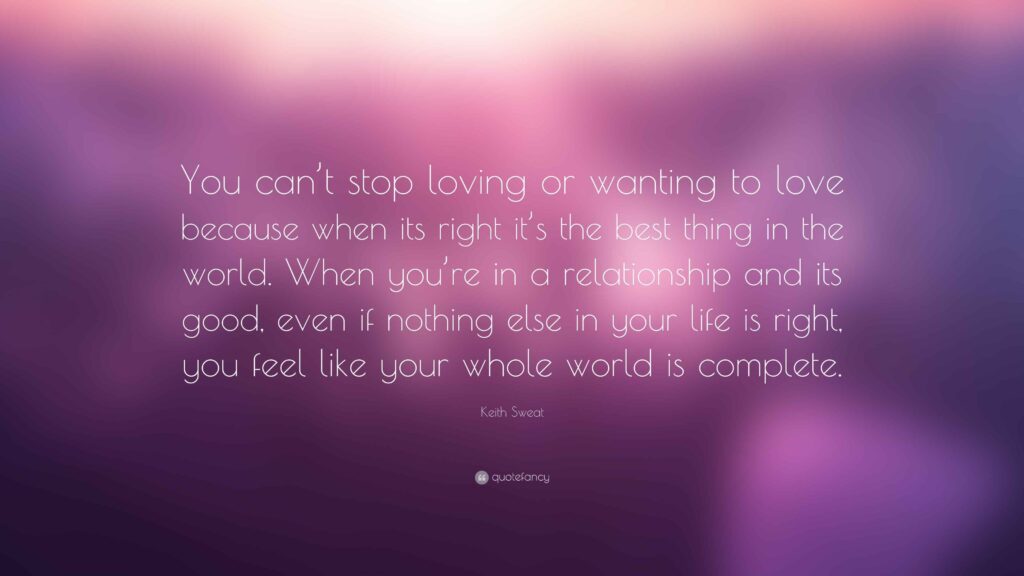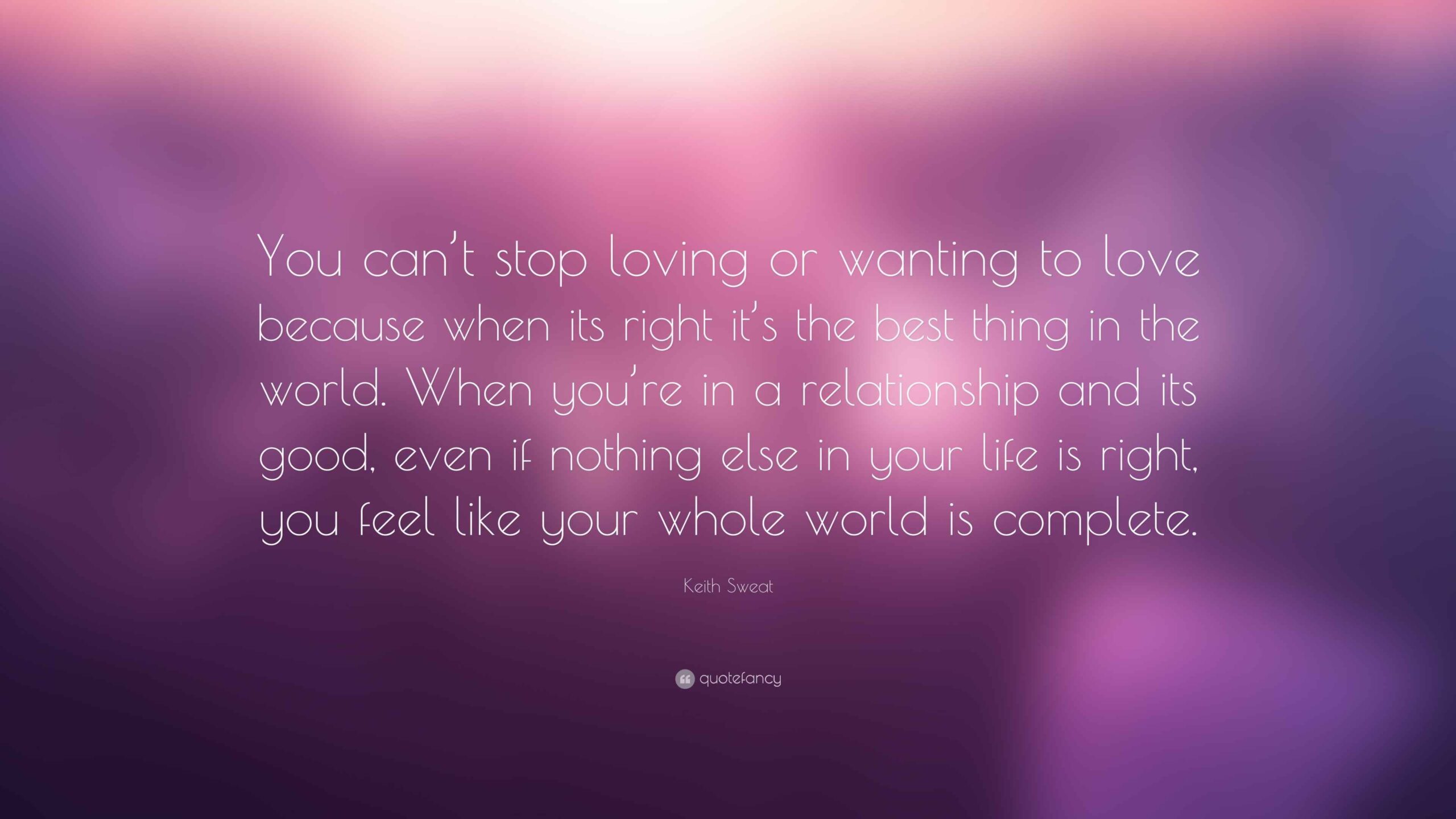
The Psychology of Wanting to Love: Understanding the Yearning and Finding Fulfillment
The human desire for connection is a fundamental aspect of our being. Wanting to love and be loved is a universal yearning that transcends cultures, ages, and individual experiences. But what lies beneath this profound longing? This article explores the psychology behind wanting to love, delving into the reasons why we crave connection, the potential obstacles that may hinder our ability to find it, and practical steps to cultivate fulfilling and meaningful relationships.
The Innate Need for Connection
From the moment we are born, we are wired for connection. Attachment theory, pioneered by John Bowlby and Mary Ainsworth, highlights the crucial role of early relationships in shaping our emotional development and future relational patterns. Secure attachment, formed through consistent and responsive caregiving, fosters a sense of trust, security, and the belief that we are worthy of love. Conversely, insecure attachment styles can lead to difficulties in forming and maintaining healthy relationships later in life.
Beyond early childhood experiences, our social nature drives us to seek belonging and acceptance. Abraham Maslow’s hierarchy of needs places love and belonging as essential for psychological well-being, situated above physiological and safety needs. Wanting to love and be loved is therefore not simply a desire but a fundamental requirement for human flourishing. The absence of meaningful connections can lead to feelings of loneliness, isolation, and even depression. [See also: Understanding Attachment Styles in Adulthood]
Why We Crave Love: Beyond Biology
While the biological and evolutionary roots of our need for connection are undeniable, the reasons why we specifically want to love extend beyond mere survival. Love provides us with:
- Emotional Support: Sharing our joys and sorrows with someone who cares deeply can alleviate stress and enhance our resilience.
- Validation and Acceptance: Being loved for who we are, flaws and all, fosters self-esteem and a sense of worthiness.
- Purpose and Meaning: Loving and caring for another person can give our lives a sense of purpose and direction.
- Personal Growth: Relationships challenge us to grow, learn, and evolve into better versions of ourselves.
- Shared Experiences: Creating memories and sharing experiences with a loved one enriches our lives and strengthens our bond.
Wanting to love is often intertwined with the desire to experience these profound benefits. It’s a longing for intimacy, companionship, and the shared journey of life. However, this yearning can sometimes be complicated by past experiences, fears, and limiting beliefs.
Obstacles to Finding Love
Despite the universal desire for love, many individuals struggle to find and maintain fulfilling relationships. Several factors can contribute to these challenges:
- Fear of Vulnerability: Opening ourselves up to another person requires vulnerability, which can be daunting for those who have experienced past hurt or rejection. The fear of being hurt again can lead to emotional walls and an unwillingness to take risks in relationships.
- Low Self-Esteem: If we don’t believe we are worthy of love, we may sabotage potential relationships or settle for less than we deserve. Negative self-talk and a lack of self-compassion can hinder our ability to attract and maintain healthy connections.
- Unrealistic Expectations: Romantic comedies and societal pressures can create unrealistic expectations about love. Believing in a fairytale romance can lead to disappointment and dissatisfaction in real-life relationships.
- Poor Communication Skills: Effective communication is essential for building and maintaining strong relationships. Difficulty expressing our needs, listening actively, or resolving conflicts constructively can lead to misunderstandings and resentment.
- Past Trauma: Trauma can significantly impact our ability to form healthy attachments. Past experiences of abuse, neglect, or abandonment can create deep-seated fears and insecurities that interfere with our ability to trust and connect with others.
Understanding these potential obstacles is the first step towards overcoming them. Recognizing our own patterns and working to heal past wounds can pave the way for healthier and more fulfilling relationships.
Cultivating the Capacity to Love
Wanting to love is not enough; we must also cultivate the capacity to love. This involves developing certain qualities and skills that are essential for building and maintaining healthy relationships:
- Self-Love and Acceptance: Loving ourselves is the foundation for loving others. Practicing self-compassion, accepting our flaws, and celebrating our strengths can boost our self-esteem and make us more attractive to potential partners.
- Empathy and Compassion: Understanding and sharing the feelings of others is crucial for building intimacy and connection. Cultivating empathy allows us to respond to our partner’s needs with sensitivity and care.
- Effective Communication: Learning to express our needs assertively and listen actively to our partner’s perspective is essential for resolving conflicts and building a strong foundation of trust.
- Vulnerability and Authenticity: Being willing to be vulnerable and authentic allows us to connect with others on a deeper level. Sharing our true selves, including our fears and insecurities, can foster intimacy and create a sense of shared humanity.
- Forgiveness: Holding onto resentment and anger can damage relationships. Learning to forgive ourselves and others is essential for moving forward and building a future together.
Practical Steps to Finding Love
While there is no guaranteed formula for finding love, there are practical steps we can take to increase our chances of meeting someone special:
- Expand Your Social Circle: Joining clubs, attending events, or volunteering can expose you to new people who share your interests.
- Online Dating: Online dating platforms can be a convenient way to meet potential partners. However, it’s important to approach online dating with realistic expectations and a healthy dose of skepticism.
- Focus on Self-Improvement: Working on your personal growth can make you a more attractive and desirable partner. This may involve pursuing hobbies, learning new skills, or seeking therapy to address past issues.
- Be Open to Different Types of People: Don’t limit yourself to a specific type. Be open to meeting people from different backgrounds and with different interests.
- Be Yourself: Authenticity is key. Don’t try to be someone you’re not in order to impress someone else. The right person will appreciate you for who you are.
The Importance of Patience and Persistence
Finding love can be a journey, not a destination. It’s important to be patient and persistent, even when faced with setbacks and disappointments. Remember that every experience, even a negative one, can teach you something about yourself and what you’re looking for in a partner. Wanting to love is a powerful motivator, but it’s also important to be kind to yourself and to trust that you will eventually find the connection you seek.
Ultimately, wanting to love is a testament to our shared humanity. It’s a desire that connects us all and drives us to seek connection, intimacy, and belonging. By understanding the psychology behind this yearning and cultivating the capacity to love, we can increase our chances of finding fulfilling and meaningful relationships that enrich our lives and bring us joy. The key is to be open, vulnerable, and willing to take risks, while also prioritizing self-love and personal growth. The journey may not always be easy, but the rewards are immeasurable. The deep desire of wanting to love is valid, and taking steps to understand and fulfill this need is a worthy pursuit. It is important to remember that wanting to love is a common feeling. The yearning to love and be loved is deeply ingrained in the human experience. Remember that wanting to love is natural. If you are wanting to love, you are not alone. People all over the world are wanting to love. The feeling of wanting to love is a powerful one. Embrace the desire of wanting to love and allow yourself to feel it. Wanting to love can lead to great things. The feeling of wanting to love can be overwhelming at times. If you are wanting to love, take things one step at a time. The journey of wanting to love can be a rewarding one. Don’t be afraid of wanting to love. The world needs more love, and wanting to love is the first step. The act of wanting to love can change your life.

